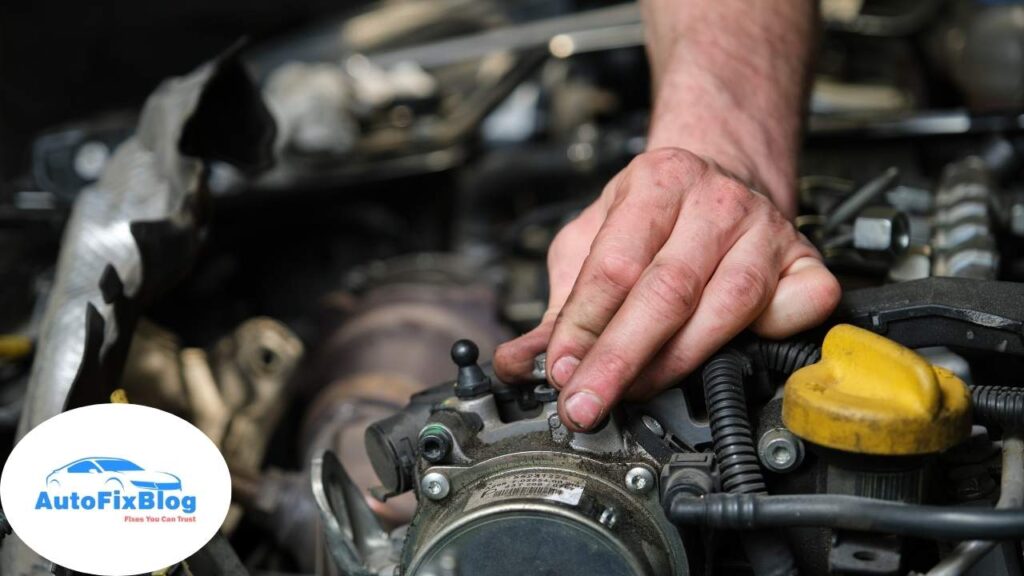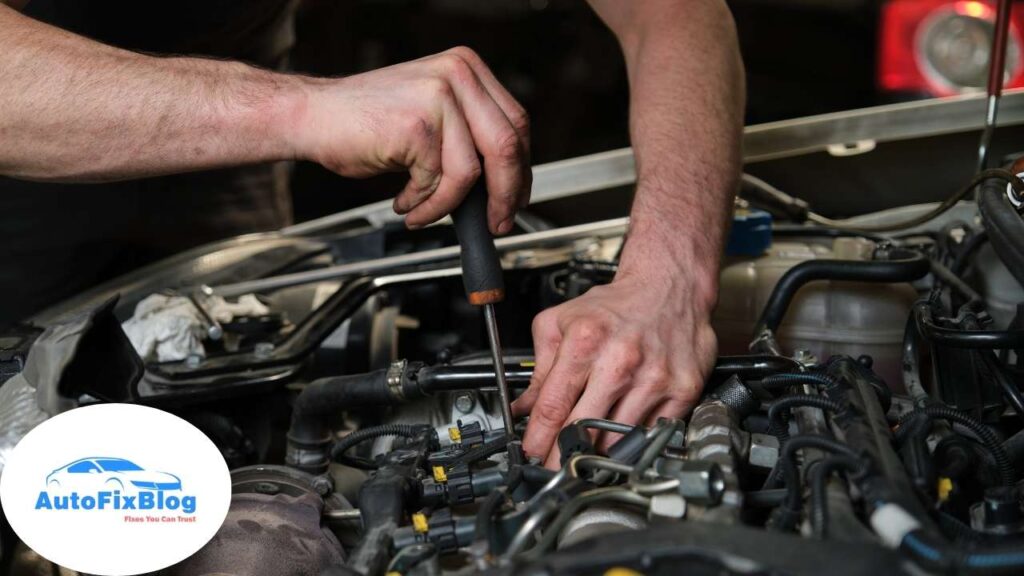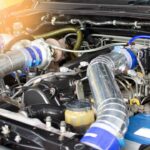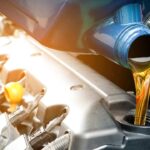Fuel injectors are a key component of modern internal combustion engines, ensuring precise fuel delivery to achieve optimal performance, fuel efficiency, and emissions control. However, the question arises: do all cars have fuel injectors? The answer lies in the history and evolution of fuel delivery systems in automobiles. While fuel injectors dominate the landscape today, not all cars, especially older models, rely on this technology.
This article explores the role of fuel injectors, their historical context, and the factors determining whether all cars are equipped with them.
Understanding Fuel Injectors
Fuel injectors are electronically controlled devices that spray fuel into an engine’s combustion chamber or intake manifold. They replaced carburetors, which were once the standard for mixing fuel and air in gasoline-powered engines. The shift from carburetors to fuel injectors was driven by the demand for greater efficiency, reduced emissions, and stricter government regulations.
Modern fuel injectors work in conjunction with a car’s engine control unit (ECU) to deliver the right amount of fuel at the right time, ensuring smooth operation and optimal power output.

Historical Perspective: Carburetors vs. Fuel Injectors
To answer do all cars have fuel injectors, it’s important to consider the era of the vehicle.
The Age of Carburetors
Before the 1980s, most cars used carburetors to blend fuel and air. These mechanical devices were relatively simple and easy to repair but lacked the precision of fuel injectors. The downside of carburetors included:
- Poor fuel efficiency
- Increased emissions
- Performance inconsistencies in varying conditions
Carburetors dominated automotive fuel systems until government regulations, especially in the United States, imposed stricter emission standards in the 1970s.
The Rise of Fuel Injectors
By the 1980s, manufacturers began phasing out carburetors in favor of electronic fuel injection (EFI) systems. These systems offered:
- Improved fuel efficiency
- Better performance across different driving conditions
- Reduced emissions
By the early 1990s, fuel injectors became the standard in most vehicles, and carburetors were nearly obsolete.
Do All Cars Have Fuel Injectors Today?
To definitively answer do all cars have fuel injectors, we must consider different types of vehicles and their fuel systems:
Modern Gasoline-Powered Cars
Nearly all modern gasoline-powered cars manufactured after the mid-1990s are equipped with fuel injectors. These vehicles use either port fuel injection (PFI), where fuel is sprayed into the intake manifold, or direct fuel injection (GDI), which delivers fuel directly into the combustion chamber.
Diesel Vehicles
Diesel engines have always relied on fuel injection, even before it became standard in gasoline engines. Diesel fuel injectors operate under high pressure, enabling the engine to compress the air and ignite the fuel without spark plugs.
Electric Vehicles (EVs)
Electric cars, such as the Tesla Model 3 or Nissan Leaf, do not have internal combustion engines and therefore do not require fuel injectors. These vehicles rely on electric motors powered by batteries.
Classic Cars and Carbureted Engines
Older cars, especially those built before the 1980s, do not have fuel injectors. Instead, they use carburetors for fuel delivery. Enthusiasts who maintain or restore classic cars often keep the original carbureted systems for authenticity.
Why Fuel Injectors Became Standard
The shift to fuel injectors was driven by advancements in automotive technology and increasing environmental awareness. Some key reasons include:
- Efficiency: Fuel injectors provide precise fuel delivery, enhancing fuel economy.
- Emissions: Stricter emission regulations necessitated the adoption of cleaner technologies.
- Performance: Modern engines require fuel injectors to meet the demands of sophisticated systems like turbochargers.
- Diagnostics: Electronic fuel injection systems integrate with onboard diagnostics, making it easier to detect and fix issues.
Advantages of Fuel Injectors
Understanding why do all cars have fuel injectors today highlights their advantages:
- Precision Fuel Delivery
Fuel injectors ensure the optimal air-fuel ratio for combustion, leading to smoother operation and better power output. - Fuel Efficiency
Compared to carburetors, fuel injectors significantly reduce fuel wastage, improving mileage. - Reduced Maintenance
Fuel injectors require less frequent maintenance compared to carburetors, which often need adjustments and cleaning. - Adaptability
Modern fuel injectors adapt to changing conditions, such as altitude, temperature, and engine load.
What About Modern Alternatives?
While fuel injectors are standard in most internal combustion vehicles, the automotive industry is shifting toward alternative powertrains:
- Electric Vehicles (EVs)
EVs bypass the need for fuel injectors entirely, as they rely on battery power instead of gasoline or diesel. - Hydrogen Fuel Cell Vehicles
Vehicles powered by hydrogen fuel cells also do not require traditional fuel injectors, as they generate electricity through a chemical reaction. - Hybrid Vehicles
Hybrids, like the Toyota Prius, still have internal combustion engines alongside electric motors, meaning they are equipped with fuel injectors.
Checking Your Car: Does It Have Fuel Injectors?
If you’re unsure whether your car has fuel injectors, here are some ways to confirm:
- Check the Manufacturer’s Specifications
Your owner’s manual or online specifications will indicate whether the car uses fuel injection. - Look Under the Hood
Fuel injectors are usually connected to the fuel rail near the engine. - Vehicle Age
If your car was manufactured after the 1990s, it almost certainly has fuel injectors. - Consult a Mechanic
If in doubt, a professional mechanic can quickly identify your car’s fuel system.
So, do all cars have fuel injectors? The answer depends on the type and age of the vehicle. While nearly all modern gasoline and diesel vehicles are equipped with fuel injectors, older cars with carburetors and electric vehicles do not use them.
Fuel injectors have revolutionized automotive fuel delivery, offering superior efficiency, performance, and emissions control. As the industry evolves toward alternative powertrains, the reliance on fuel injectors may diminish, but their impact on automotive history remains undeniable. Whether you drive a modern sedan, a classic car, or an electric vehicle, understanding the role of fuel injectors can deepen your appreciation for how far automotive technology has come.



